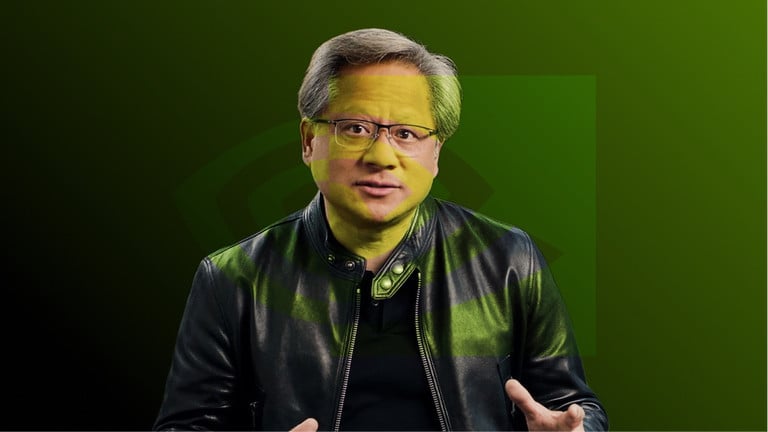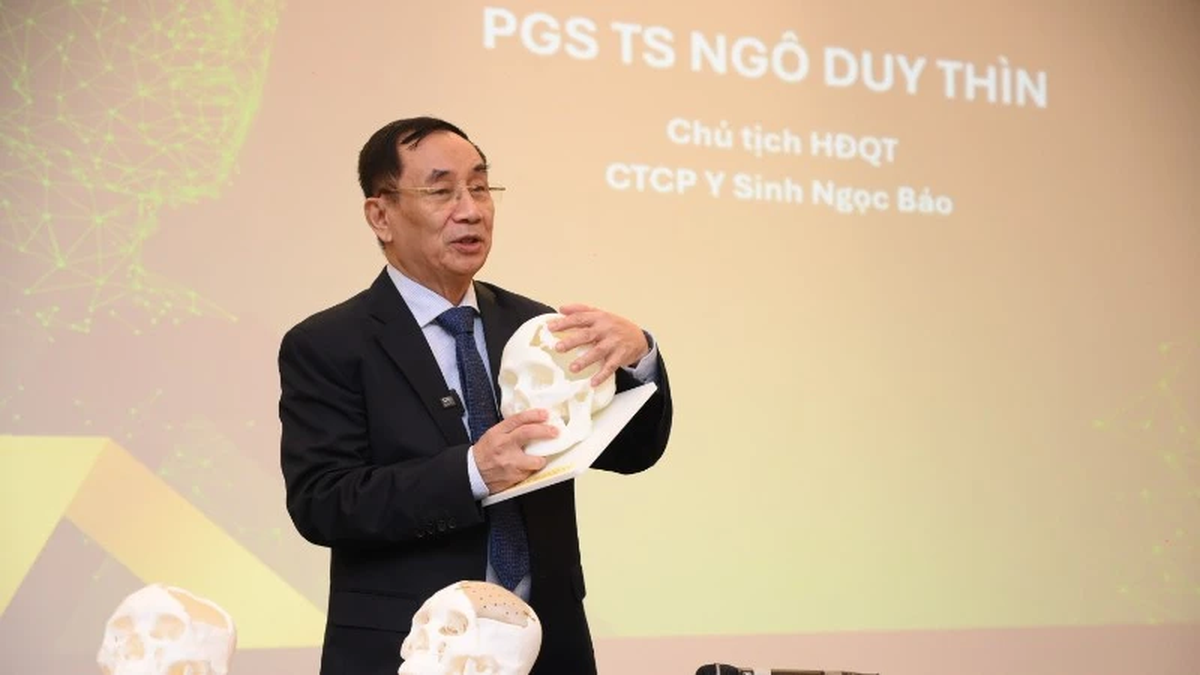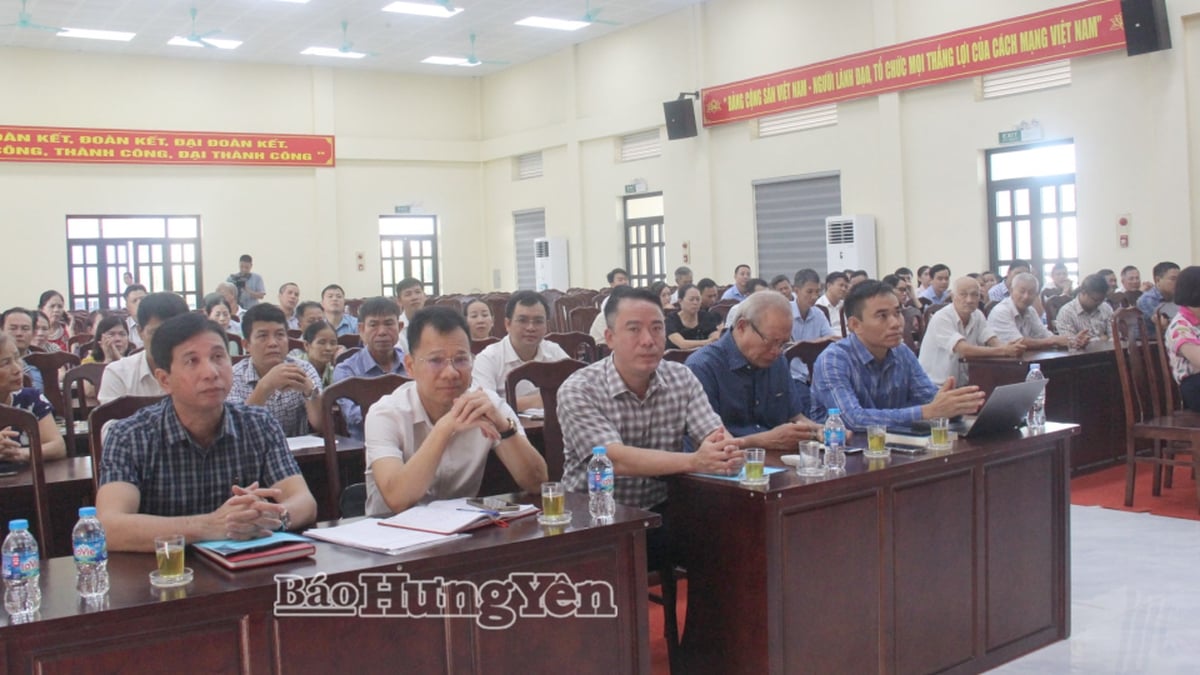As artificial intelligence (AI) advances, technology leaders increasingly emphasize the role of AI as a guide, advisor, and coach to enhance human capabilities.
Nvidia CEO Jensen Huang thinks AI could take over teaching roles, but he doesn’t believe it will replace humans in the workforce. In an interview with Cleo Abrams, the CEO of the $3.3 trillion chip company explained how AI can help reduce drudgery while preserving the value of labor.
“Repetitive tasks are almost gone,” he says. “The barriers to entry in most areas have been greatly reduced. I have a personal coach with me at all times.” Huang recommends the same for anyone looking to advance their career.

Nvidia CEO: AI helps humans become “superhumans”
Does a hyper-intelligent, hyper-responsive mentor or coach diminish your personal capabilities? Huang shared his experience:
“I can tell you exactly how it feels. I am surrounded by super people – from my perspective, super brains. They are the best in the world in their field. And I have thousands of them around me! But it never makes me feel like I am redundant. On the contrary, it gives me the confidence to conquer even more ambitious goals.”
So, is being surrounded by superintelligence a stressful or inspiring experience? Huang asserts: "I feel empowered, confident to learn more every day." So his advice is clear: "Find yourself an AI coach immediately."
Salesforce CEO Marc Benioff agrees, pointing out that AI is becoming an increasingly integral part of the workforce. Speaking at the World Economic Forum, Benioff stressed that from now on, CEOs will not only have to manage people, but also work with “digital colleagues.”
“We will become superhumans — not because we have superpowers ourselves, but because we have superintelligent AI to assist us,” says Jensen Huang.
AI brain implants could increase human impact
Elon Musk's Neuralink is pioneering the field of brain-computer interfaces (BCIs), with the ambition of integrating AI-based tools into the human brain. Neuralink's implants are designed to allow users to control computers or mobile devices at any time, providing instant access to information and seamless interaction with technology.
According to the BBC, Neuralink has been granted approval by the US Food and Drug Administration (FDA) to start human trials in 2023. Imagine being able to access AI almost instantly - right from your brain.
The Neuralink device, about the size of a coin, is implanted in the skull with tiny wires that can read neuronal activity and transmit signals to the outside world. The technology could allow people to interact with computers and other devices using only their thoughts, opening up huge potential for learning, communication and controlling technology.
When your "guardian angel" is an AI trainer
However, the integration of AI and BCI also raises many questions about the future of education and critical thinking. When AI becomes a "guardian angel", providing quick and accurate answers, will this make people more dependent and reduce their thinking ability?
When AI can write essays, recite poetry, or program Python in seconds, learning will take on a whole new meaning. What is essential for humans to think, and what can be “left” to AI coaches, tutors, or even teachers?
Maintaining a balance where AI plays a complementary role to human learning can prevent the erosion of thinking skills.
Andrew Martin, a PhD in educational psychology at the University of New South Wales (Sydney), said: "Schools are at the forefront of finding practical ways to apply AI because they have no other choice." He also warned that over-reliance on AI could reduce students' opportunities for social interaction and creative thinking.
How to integrate AI into education without undermining the value of critical thinking will be a key challenge for the future of the workforce. But for now, leveraging AI as a mentoring and coaching tool could be a smart career move. At least, that’s how Jensen Huang and many other leaders see it.
Artificial intelligence can play a vital role in enhancing human capabilities through guidance, training, and mentoring. Rather than replacing jobs or diminishing human value, AI can be a tool that fosters innovation and increases productivity. Any tool is only effective when used properly.
(According to Forbes)
Source: https://vietnamnet.vn/su-dung-ai-nhu-mot-huan-luyen-vien-co-van-2370161.html

































































































Comment (0)